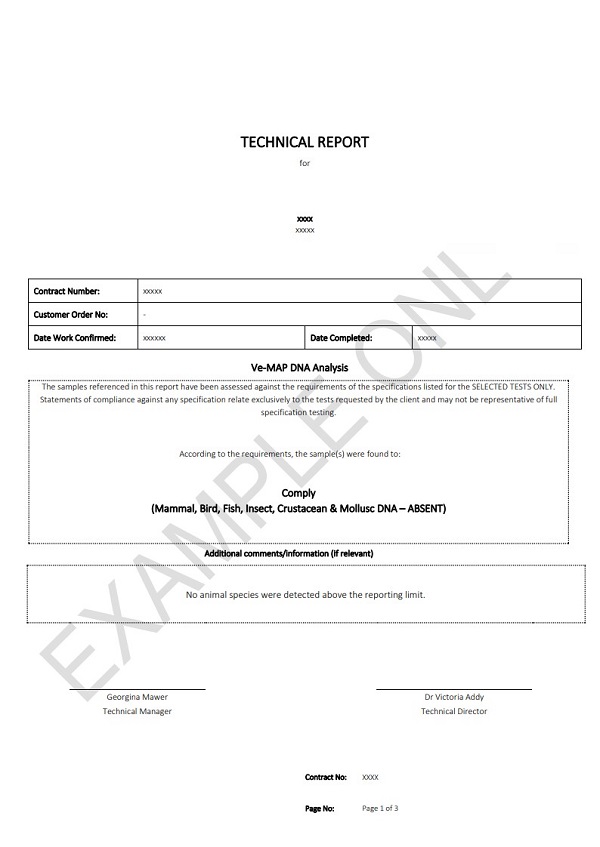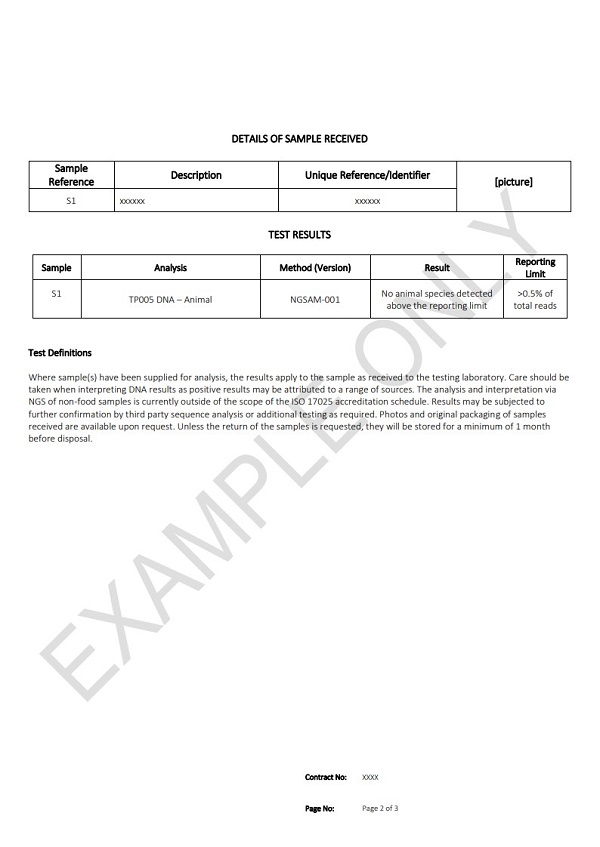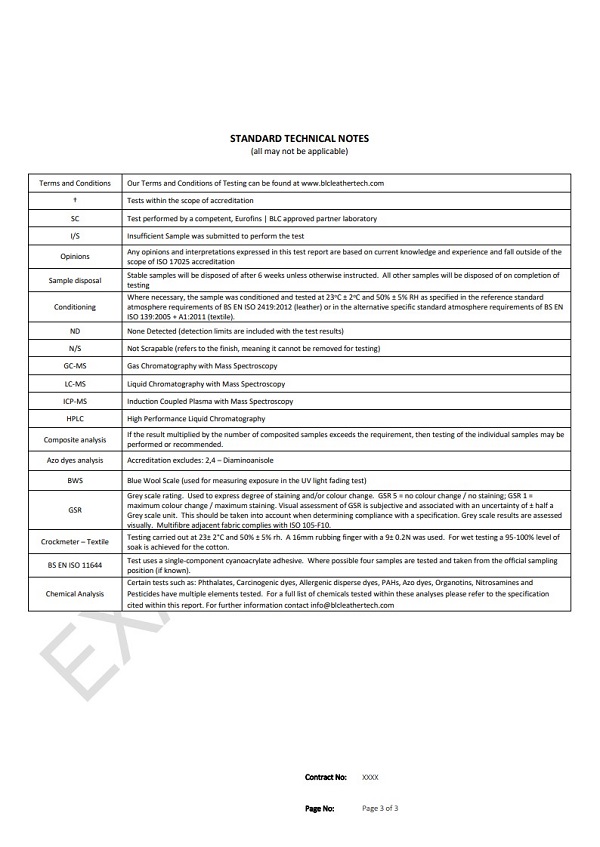VEGAN 素食主义认证 - 项目周期3-4周
覆盖食品、饮料、补充剂、个人康护
其他涉及认证:韩国素食认证,印尼素食认证
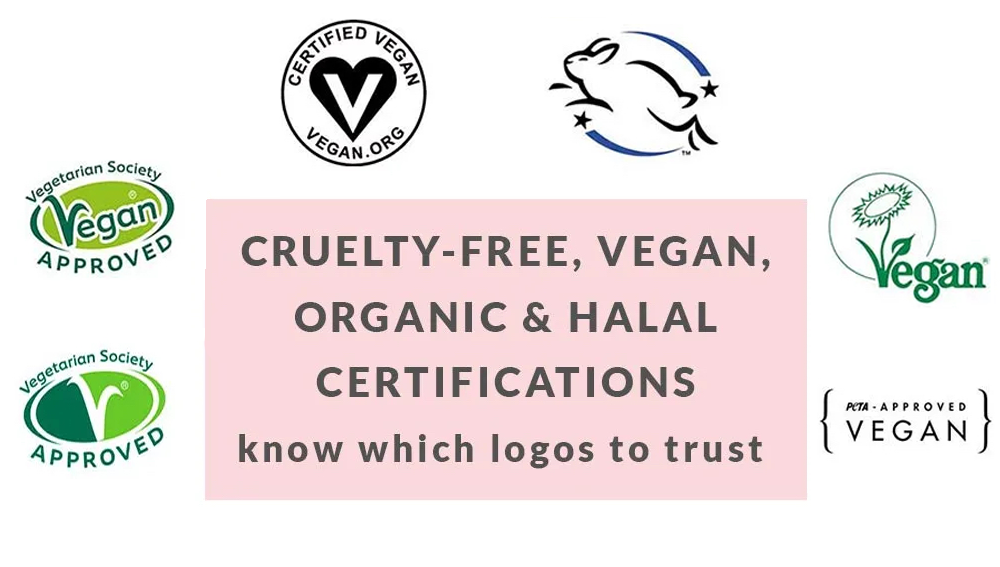
注:我们不认证公司、餐厅、食品卡车、农场、联合包装商或制造商 - 我们认证单个产品
要求:
被批准带有认证素食主义者标志的产品不得含有肉类、鱼类、家禽、动物副产品(包括昆虫的丝绸或染料)、鸡蛋或蛋制品、牛奶或奶制品、蜂蜜或蜜蜂制品的成分、材料或成分,也不得与任何动物产品一起加工、澄清或加工。
不允许进行动物试验
自2000年起,产品不得涉及供应商、生产商、制造商或独立方对成分、材料或组件或成品进行动物试验。“无动物试验”的定义是指不将动物(活的或死的)用于任何类型的研究目的,包括饲料或营养试验、毒性试验、动物试验或“法律要求的”试验,且未经另一家公司或独立承包商试验。
不允许含有动物转基因成分
产品不得含有已知的动物源性转基因生物或用于制造成分或成品的基因
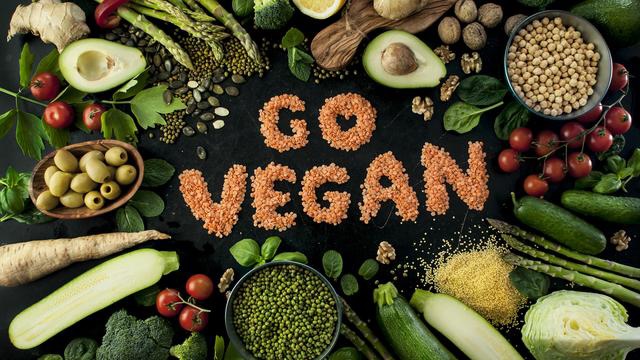
申请所需文件
以下文件必须与本申请一同提交(英文),以便审查:
1.以WORD或EXCEL格式提交的每种产品及其成分清单,包括标签法不要求的内容(填料、赋形剂、加工助剂、整理剂和载体)。必须是最终的表述。
此外,每种成分/成分/材料必须有一份来自制造商的原始文件,表明所有成分的来源为植物、矿物、藻类、细菌或合成物。声明称这是素食主义者不会被接受*如果您与一家拥有专利配方的制造商合作,我们很乐意直接接受他们提供的文件。
2.提交的每种产品的标签副本,显示成分清单。
3.申请人签署的共享机器声明(无论是否使用共享机器)
4.如果共享机械用于最终成品,我们要求提供一份文件,说明由于使用共享机械,可能含有动物产品或可能含有微量动物成分的加工方法。为共用机械提供明确的清洁方法,例如SOP(如适用)。使用共用机器并不意味着你的产品不合格。
5.贵公司代表签署的无动物试验声明,表明成品未进行动物试验
6.贵公司代表签署的无动物副产品声明,声明加工或成品中无动物副产品
7.申请书中必须包含制造商针对每种产品成分签署的无动物试验声明,声明他们在2000年后未代表其进行任何动物试验或签约动物试验.
对于从农贸市场或杂货店购买的植物零件,我们不要求提供动物试验文件,但我们例外。
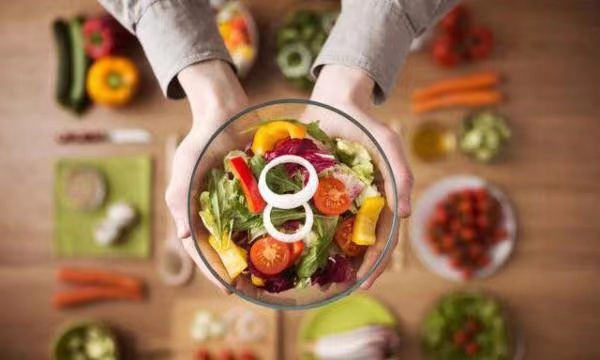
8.未签署制造商最终成品(非消耗性产品的材料和组件)的动物试验声明,声明其在2000年后未代表其进行任何动物试验或合同动物试验。
9.含有转基因生物(GMO)的产品是可以接受的,只要它们在开发或生产过程中没有涉及动物基因或动物源性物质,并且必须贴上此类标签(如适用)。含有动物源性转基因生物的产品没有资格获得素食认证。
10.含有甜味剂的产品在获得批准之前,需要供应商验证其未经骨炭过滤或用动物产品加工。请在您的申请中附上此验证(如果适用)。龙舌兰、枫糖浆、玉米糖浆、糖等。
11.如果你申请的产品是或含有啤酒、葡萄酒、醋或果汁,你必须附上成分信息表。这必须由制造商完成,并包括在内,以表明这些成分不是用动物副产品加工的。
12.含有前/益生菌、培养物、维生素、口腔矿物质、菌株和酶的产品必须包含成分信息表。这必须由制造商完成,并包括在内,以表明这些成分不是用动物副产品加工的。pre/益生菌不需要验证动物产品是否用作培养基。
在申请获得批准之前,提交本申请并不授予使用“认证素食主义者”标志的授权。
•未经授权使用“认证素食主义者”标识违反了联邦商标法。
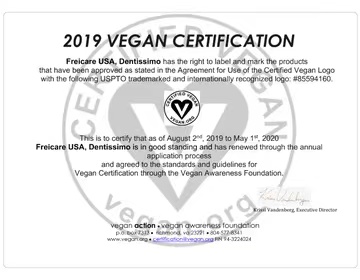
其他:

其他:

其他:
印尼素食认证要求:
To enter the Indonesian market with vegan noodle or instant noodle products, there are several regulatory requirements that must be met. Here's a general overview of the requirements:
- Product Registration: Food products, including vegan noodles and instant noodles, must be registered with the Indonesian National Agency of Drug and Food Control (BPOM). This involves submitting product samples, ingredients lists, and other documentation for review.
- Labeling Requirements: Product labels must comply with Indonesian regulations. This includes information such as the product name, list of ingredients, net weight, production and expiration dates, and the name and address of the manufacturer and local distributor. Labels must be in Bahasa Indonesia or include a Bahasa Indonesia translation.
- Halal Certification: While not mandatory for all products, Halal certification can be important for market acceptance in Indonesia, which has a large Muslim population. Halal certification must be obtained from the Indonesia Ulema Council (MUI) or another recognized Halal certification body.
- Food Safety Standards: Products must meet Indonesian food safety standards, which include limits on food additives, contaminants, and other food safety criteria.
- Import Tariffs and Taxes: Importers must pay any applicable tariffs and taxes. The rates can vary depending on the product category.
- Customs Requirements: Importers must comply with Indonesian customs regulations, which include providing a Bill of Lading, Invoice, Packing List, and Certificate of Origin.
- BPOM Import License: Importers must obtain an import license from BPOM, which requires having a local Indonesian entity or partner.
Please note that this is a general guide and the specific requirements can vary depending on the product and other factors. Regulations can also change over time. For the most accurate and up-to-date information, it's recommended to consult with the relevant Indonesian authorities.
样本证书:

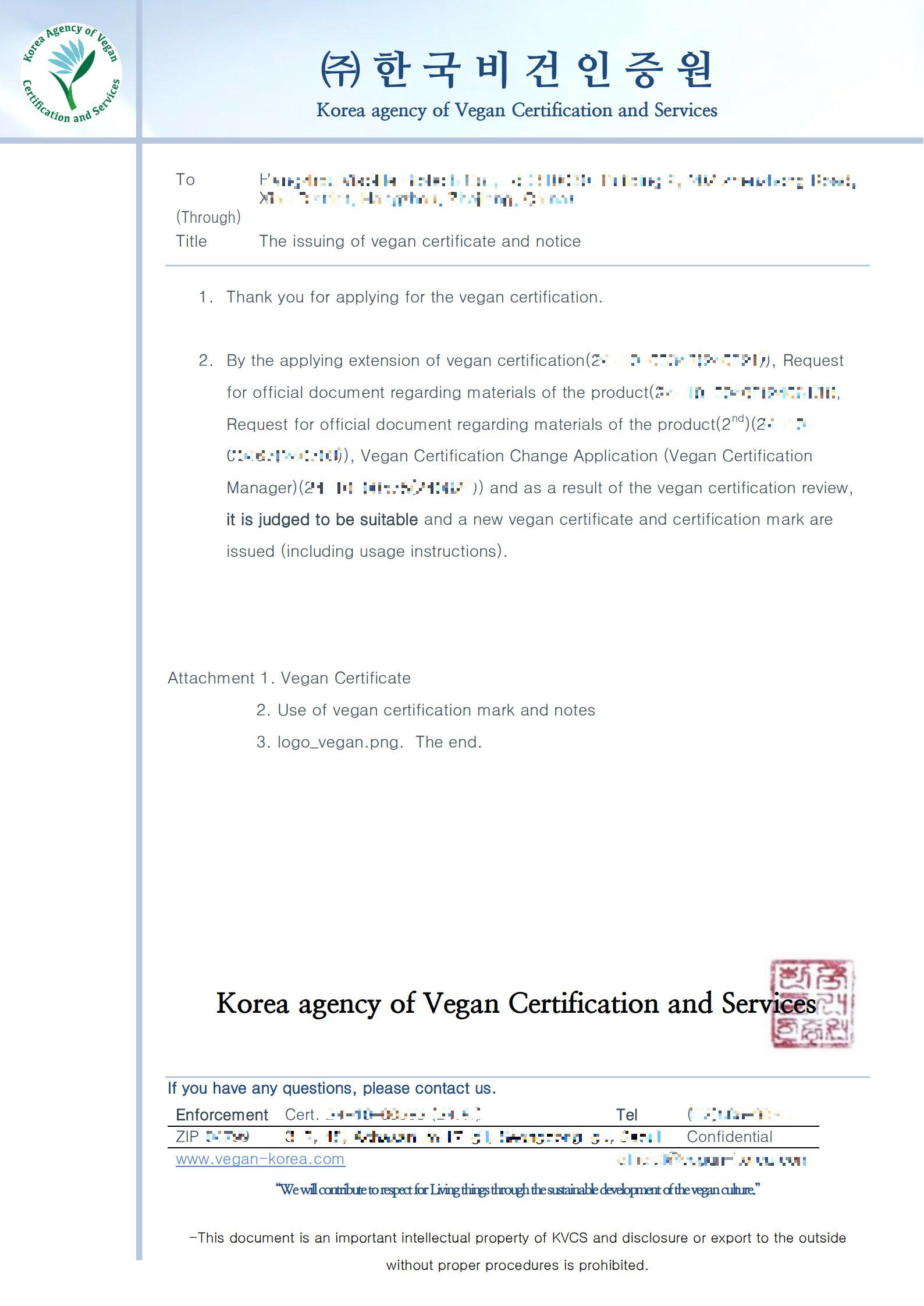
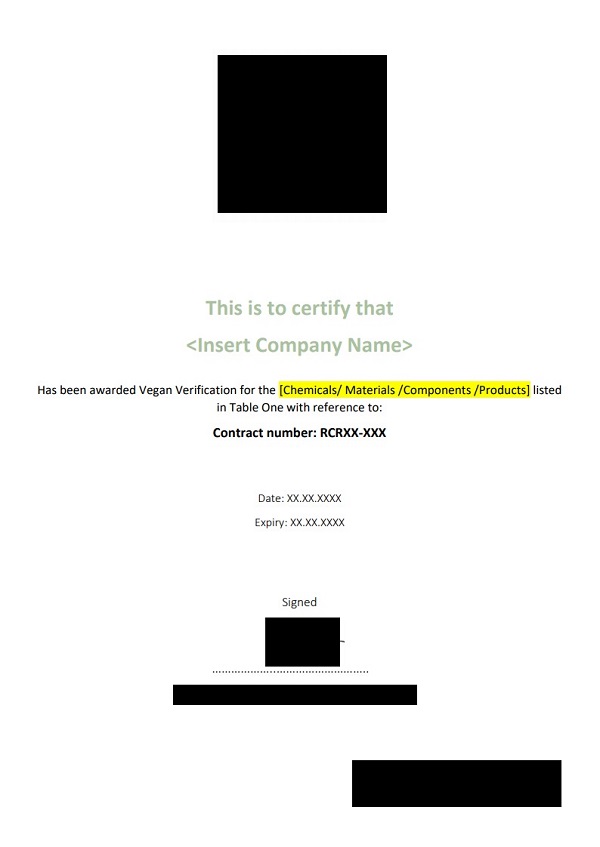
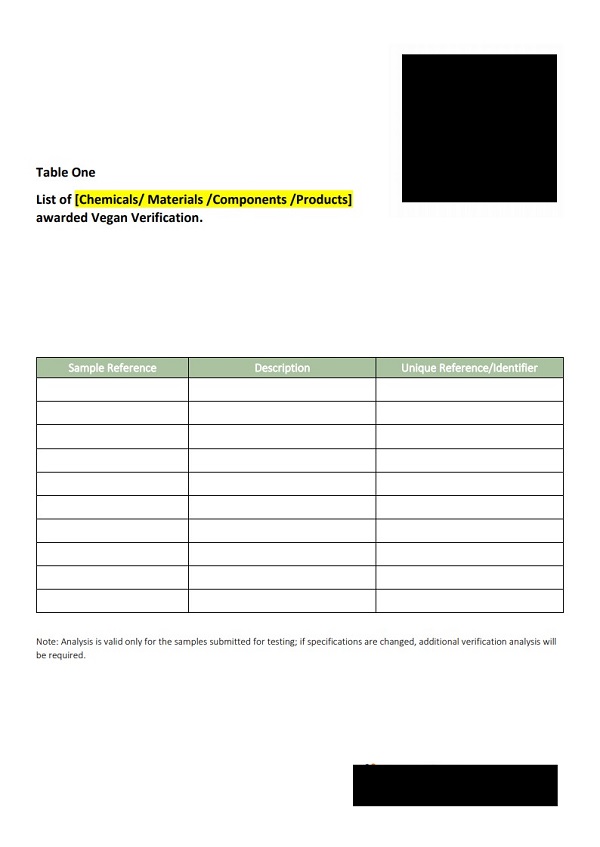
样本报告:
